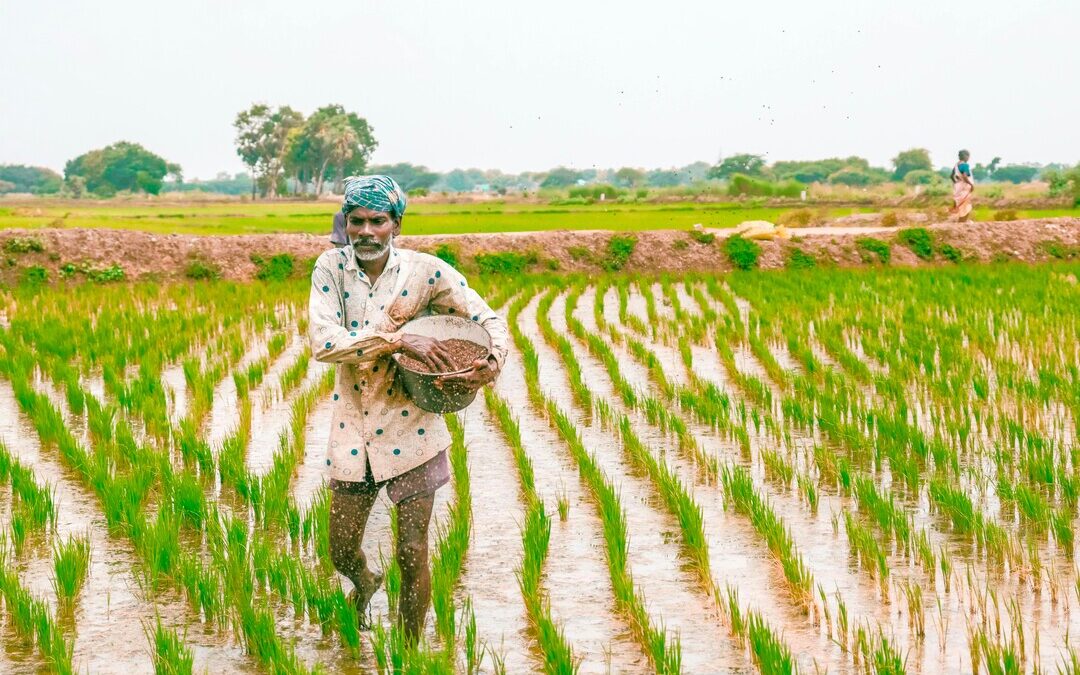India Expands Natural Farming and AI Adoption in Agriculture
The government has approved the National Mission on Natural Farming as a centrally sponsored scheme with an outlay of ₹2,481 crore.
India has ramped up efforts to promote natural farming and artificial intelligence in agriculture as part of its broader strategy to enhance sustainability and efficiency in the sector, the government said on Friday.
The Union Cabinet has approved the National Mission on Natural Farming as a centrally sponsored scheme with an outlay of ₹2,481 crore ($300 million).
The Ministry of Agriculture and Farmers’ Welfare said the scheme aims to transition 10 million farmers to natural farming practices by the end of the 15th Finance Commission period.
The scheme, cleared in November 2024, has already disbursed ₹177.78 lakh to various states and union territories in the current fiscal year.
Training centers for natural farming have been set up, and over 70,000 Krishi Sakhis, or agricultural community resource persons, have received training on soil health and natural farming techniques.
“All activities under the NMNF, including the enrollment of farmers and the establishment of model demonstration farms, are progressing in various states and union territories,” Minister of State for Agriculture and Farmers’ Welfare Ramnath Thakur told lawmakers in a written response in the Rajya Sabha.
AI-Powered Solutions for Farmers
The ministry said the government has leveraged AI in a separate initiative to assist farmers with real-time decision-making and mitigate agricultural losses.
One such tool, Kisan e-Mitra, an AI-powered chatbot, provides multilingual assistance on government schemes and has processed over 9.2 million queries to date. Additionally, an AI-driven National Pest Surveillance System is helping combat pest infestations, with more than 100,000 pest images uploaded by farmers to enable early detection and intervention.
AI Enhancing Crop Health Monitoring
The ministry added that AI-based analytics are also being used for crop health assessment and monitoring, integrating satellite imagery, weather data and soil moisture datasets, particularly for rice and wheat cultivation.
India, one of the world’s largest agricultural producers, has been increasingly investing in technology-driven solutions to address farming challenges, including climate change, resource efficiency, and rural livelihood improvement.
Also Read:
AI Revolutionizes India’s Weather Forecasting, Enhancing Sustainability

